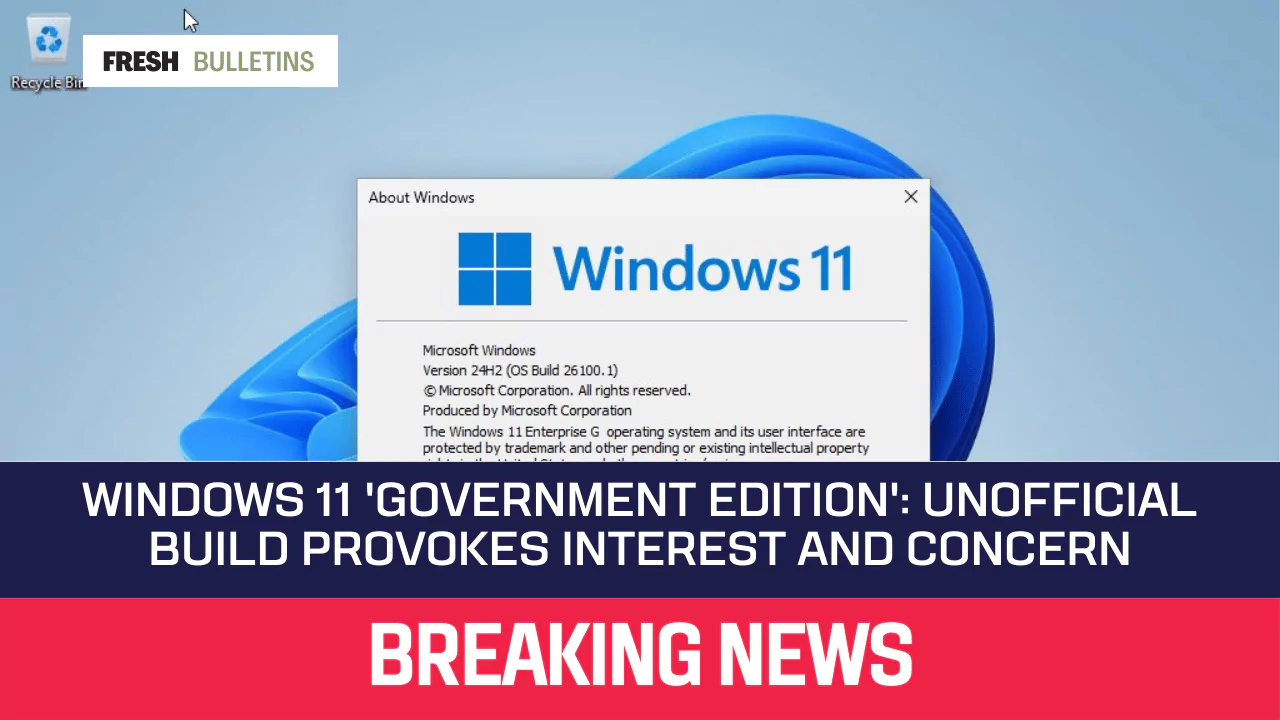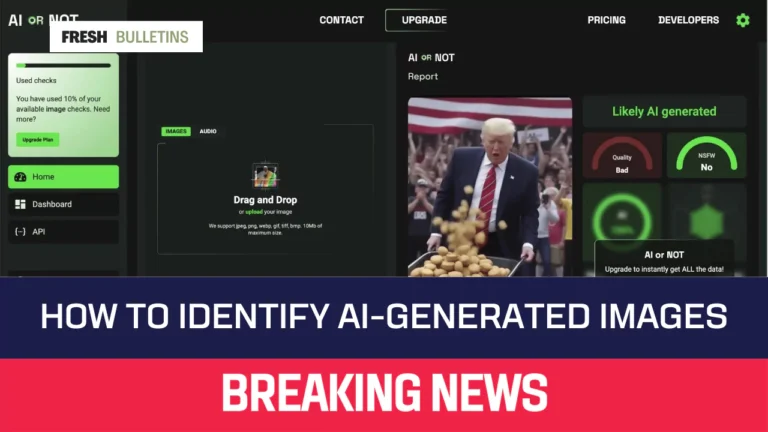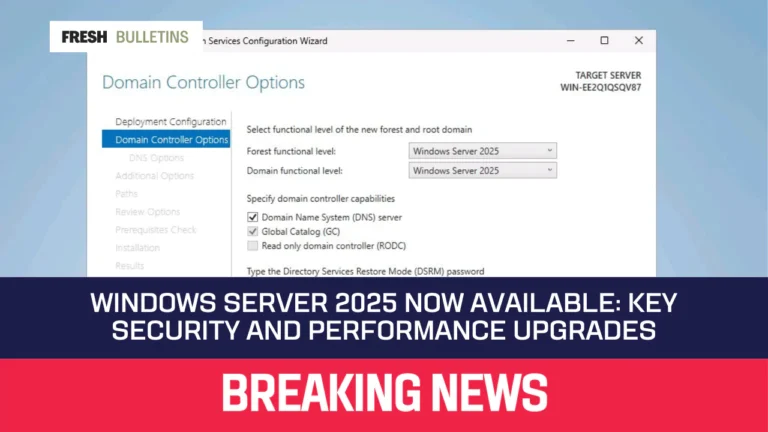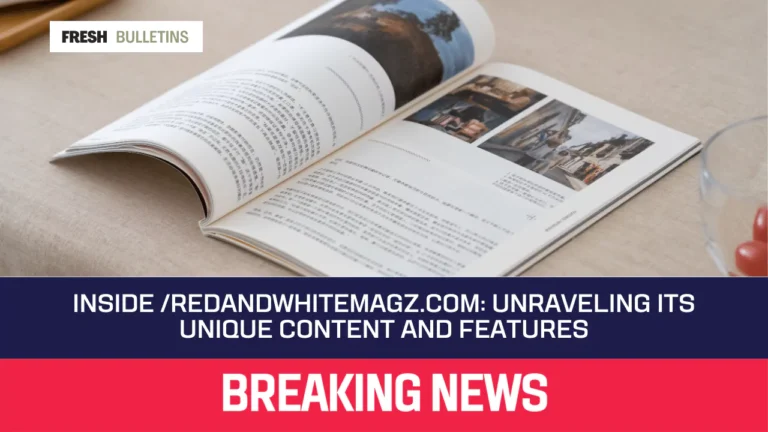Windows 11 ‘Government Edition’: Unofficial Build Provokes Interest and Concern
An unofficial build of Windows 11 named “Government Edition” has surfaced online, raising both interest and concern among users and experts. This build is not endorsed by Microsoft and seems to lack specific features that would make it suitable for government use. Instead, it appears to be another version with minimal differences from the standard Windows 11.
Windows 11 Adoption
Current Statistics
Since its launch, Windows 11 has seen a steady increase in users. As of mid-2024, over 400 million devices worldwide run Windows 11. This includes both new PCs and upgrades from Windows 10. The growth reflects the global trend of staying updated with the latest technology.
Driving Factors for Adoption
Several factors drive the adoption of Windows 11. The modern, sleek design appeals to users who seek an updated interface. Performance improvements, especially for gaming and productivity, attract many. Enhanced security features, such as TPM 2.0 and secure boot, ensure better protection against cyber threats. Compatibility with a wide range of applications also supports this transition.
Windows 11 “Government Edition”
Misleading Name
The term “Government Edition” implies a version tailored for official and secure use by government agencies. However, this unofficial build does not live up to that implication. It does not include unique features or enhancements that distinguish it from the standard version of Windows 11. The name seems more like a marketing tactic than a true reflection of its capabilities.
No Bloatware
This customized Windows version is not affiliated with either the government or Microsoft. Instead, it is an unauthorized and extensively modified iteration of Windows 11, eliminating numerous standard components. The reduced storage footprint is achieved by removing bundled apps such as Microsoft Edge, the Windows Security suite, multimedia tools like Camera and Media Player, and basic utilities like Paint and Clock.
Beyond core file management through Explorer, the only pre-installed apps include Settings, Backup, and several other WindowsTools utilities. The Start menu also appears empty, devoid of any apps. Additionally, the absence of the Microsoft Store could potentially complicate the process of installing new programs.
Potential Government Use
Despite its name, the “Government Edition” does not have the specific security and management features typically required for government use. Real government systems need robust encryption, advanced network management tools, and strict compliance with security standards. This unofficial build lacks these critical components, making it unsuitable for actual government deployment.
Reacting to the News
Public Response
The reaction from the public has been mixed. Some users are intrigued by the concept of a “Government Edition” and have downloaded it out of curiosity. However, many quickly realize it is not much different from the regular Windows 11 and express disappointment. Forums and social media are filled with discussions about the build’s legitimacy and purpose.
Criticisms of Microsoft
Microsoft has faced criticism for not addressing the spread of this unofficial build more aggressively. Users feel that Microsoft should clarify the situation and take steps to prevent confusion. The lack of an official statement leaves room for speculation and misinformation to spread.







